Course Description
MTH 209: Introduction to Numerical Analysis Unijos Handout and lecture notes are designed to provide students with an understanding of numerical methods and their applications in solving mathematical problems that cannot be addressed analytically. The course covers topics such as numerical solutions of equations, interpolation, numerical differentiation and integration, and numerical solutions of ordinary differential equations.
Course Structure
- Introduction to Numerical Analysis
- Role and Importance: Understanding why numerical methods are necessary
- Error Analysis: Types of errors (round-off, truncation) and error propagation
- Numerical Solutions of Equations
- Root-Finding Methods: Bisection method, Newton-Raphson method, secant method
- Fixed-Point Iteration: Convergence criteria and applications
- Interpolation and Polynomial Approximation
- Interpolation: Lagrange interpolation, Newton’s divided difference interpolation
- Polynomial Approximation: Least squares approximation, Chebyshev polynomials
- Numerical Differentiation and Integration
- Numerical Differentiation: Finite difference methods
- Numerical Integration: Trapezoidal rule, Simpson’s rule, Romberg integration
- Numerical Solutions of Ordinary Differential Equations (ODEs)
- Initial Value Problems: Euler’s method, improved Euler method, Runge-Kutta methods
- Stability and Convergence: Analysis of numerical methods for ODEs
- Linear Algebraic Equations
- Direct Methods: Gaussian elimination, LU decomposition
- Iterative Methods: Jacobi method, Gauss-Seidel method
- Eigenvalue Problems
- Power Method: Finding dominant eigenvalues and eigenvectors
- QR Algorithm: An overview of more advanced methods
- Applications of Numerical Methods
- Practical Problems: Application of numerical methods in engineering, physics, and other sciences
- Use of Software: Introduction to numerical computing environments (e.g., MATLAB, Python)
Learning Outcomes
By the end of this course, students should be able to:
- Understand and apply numerical methods to solve mathematical problems.
- Analyze and interpret the accuracy and stability of numerical solutions.
- Implement numerical algorithms to solve equations, perform interpolation, and approximate integrals and derivatives.
- Apply numerical methods to solve ordinary differential equations.
- Utilize software tools to perform numerical computations and visualize results.
Assessment Methods
- Exams and Quizzes: To evaluate theoretical understanding and problem-solving skills.
- Homework and Assignments: To practice and reinforce numerical methods learned in lectures.
- Projects: To apply numerical techniques to real-world problems and computational projects.
- Class Participation: To encourage engagement and active learning.
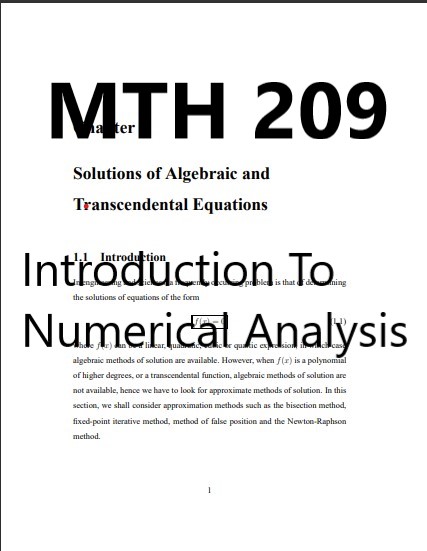
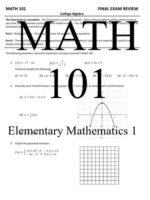


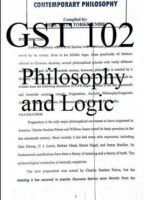
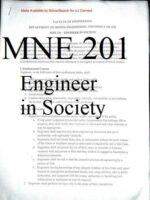
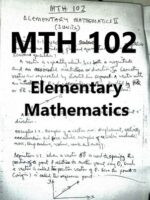
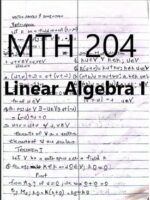

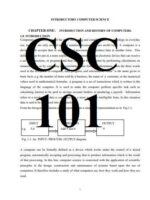
Be the first to review “MTH 209: Introduction To Numerical Analysis”